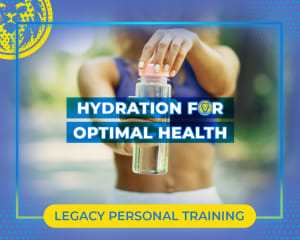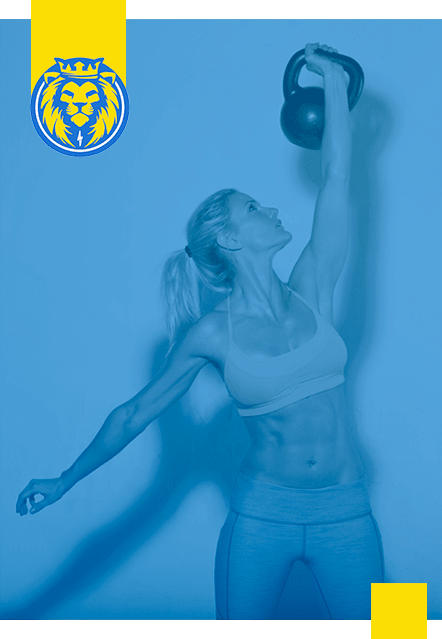
Hydration for Optimal Health
Your Basal Metabolic Rate (BMR) is essentially the amount of energy (in calories) your body needs to perform basic life-sustaining functions. This includes keeping your heart beating, brain functioning, and lungs breathing. To put it simply, if you were in a coma, your BMR would be the energy required to keep your body functioning.
While most understand that we as living organisms have a caloric requirement, and it changes based on our environment and amount of activity, less attention is given to our minimum water requirement. Proper hydration is essential for:
Cellular Function: Cells require water molecules to function.
Regulating Body Temperature: Water helps maintain your body’s temperature.
Detoxification: It aids in flushing out waste products and toxins.
Digestion and Nutrient Absorption: Water is crucial for proper digestion and helps in nutrient absorption.
Joint Lubrication: It keeps your joints lubricated, reducing the risk of injuries.
Establishing Minimum Water Requirements
Just as crucial as knowing your BMR is understanding your body’s minimum water requirements. The human body is composed of about 60% water, which plays a vital role in various bodily functions. Recent research suggests that the average adult requires at least 8 ounces of water for the first 10 hours of the day. Then, your water requirement gradually decreases as the day goes on and your body prepares for sleep. This baseline requirement, much like BMR, does not take into account factors like climate or physical activity.
Adjusting Water Intake for Physical Activity
Physical activity increases your body’s water requirements. To calculate the additional amount needed, divide your body weight (in pounds) by 30. The result is the number of additional ounces of water you require for every 15 minutes of exercise. This formula helps ensure that you are adequately replenished and hydrated during and after your workouts. Your water requirements can be influenced by:
Exercise Intensity and Duration: More intense and prolonged exercise increases water loss through sweat.
Environmental Conditions: Hot or humid weather can increase sweat production, requiring more water intake.
Health Conditions: Certain health conditions and medications can affect hydration needs.
Calculating Your Personal Water Needs:
1. Start with the baseline of 8 ounces for the first 10 hours.
2. Adjust for additional hours awake.
3. Add extra water for physical activity using the body weight/30 formula.
4. Consider any personal factors such as health conditions or environmental factors.
Understanding and managing your water requirements are fundamental to maintaining good health and achieving fitness goals. While BMR provides a baseline for your caloric needs, understanding your water requirements ensures that your body is adequately hydrated for optimal functioning. Remember, this is simply a basal rate and individual needs may vary, but at a minimum, you should be consuming around 100 ounces of water per day.
At Legacy Personal Training, we understand the importance of a holistic approach to health and fitness. Our experts are here to help you create an entire health and fitness plan tailored to your unique needs. Schedule a complete fitness and nutrition consultation with us today, and take the first step towards a healthier, more balanced lifestyle.

